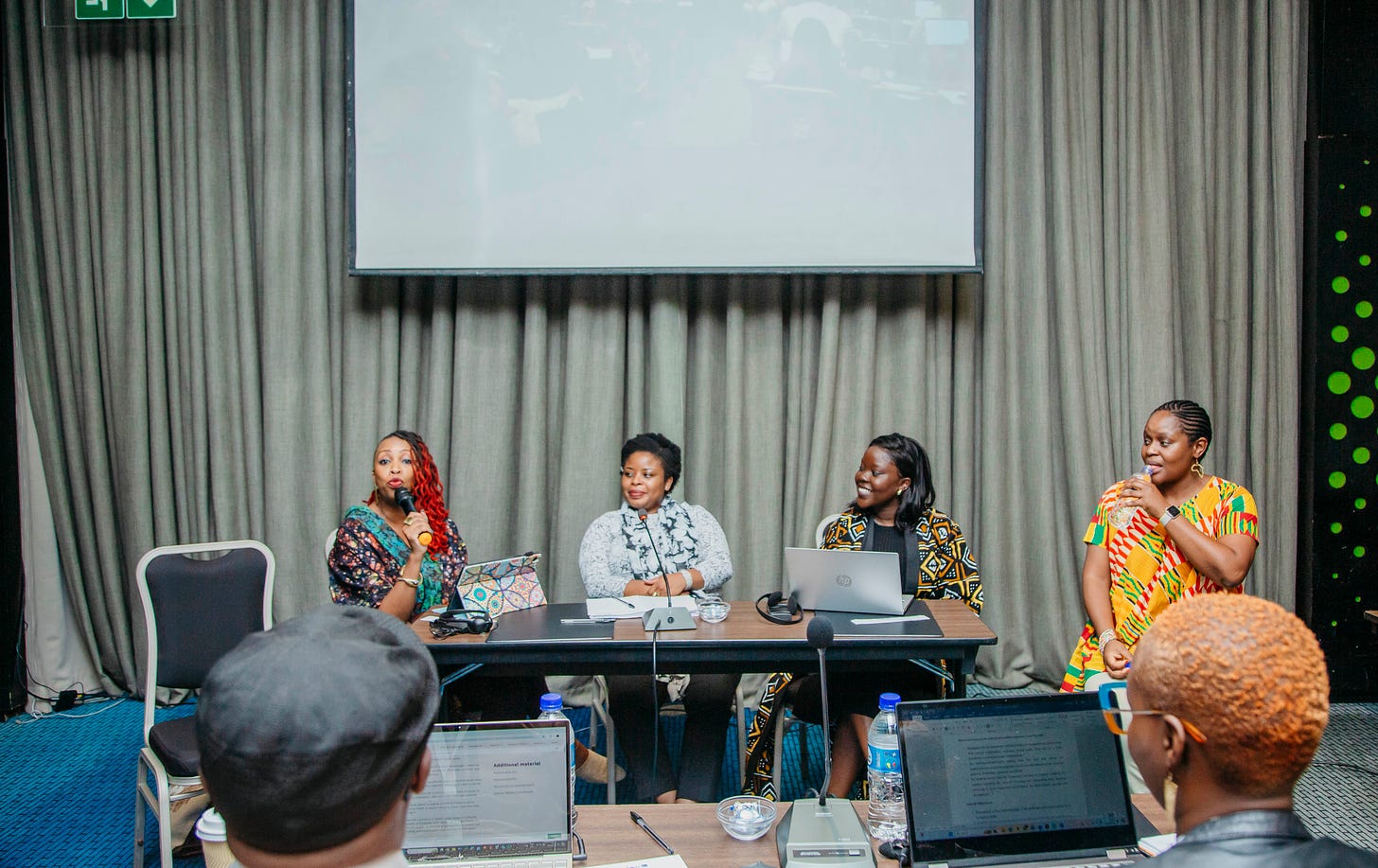Feminist Advocate Calls for Inclusive Policy and Youth Participation in Tackling Africa's Debt Crisis
Yugusu challenged the audience to consider what meaningful participation truly looks like for individuals and how to challenge existing narratives.
MAPUTO, Mozambique— A FEMNET's AFMA Alumni and advocate for economic justice, delivered a powerful speech at the 4th African Conference on Debt and Development (AfCoDD IV) on Thursday, emphasizing the need for inclusive policy formulation and meaningful youth participation in addressing Africa's debt crisis, writes Winston Mwale.
Speaking during Session 3, which focused on Pan-African Feminist and Youth Perspectives, Lurit Yugusu highlighted two critical elements: the role of the state and the importance of meaningful participation by marginalized groups.
"We have to consistently ask ourselves these very important questions: Who is governing the state? How are they governing the state?" Yugusu said, stressing the importance of strengthening internal structures to resist external economic pressures.
She emphasized the need for public investments in social services, particularly education, to ensure the social, economic, and political rights of various populations, including women, girls, and differently-abled people.
However, Yugusu noted that this relies heavily on political will and government decision-making.
"For us to actually move away effectively from foreign aid, to move away from debt, to move away from systems that continue to challenge our sustainability, our human development, our internal structures need to be strengthened," she argued.
Yugusu outlined three key perspectives for meaningful participation:
1. Inclusive policy formulation: She called for an intersectional approach that considers the lived realities of marginalized populations, including differently-abled people and indigenous groups.
2. Support for youth and feminist groups: Yugusu emphasized the crucial role of feminist movements in championing economic and political rights.
She urged for wider accommodation of these groups and tailored funding mechanisms to strengthen their capacity.
3. Accountability and transparency: The advocate stressed the importance of accessible data on debt, financing, and economic issues.
"If I don't know how much is great in terms of austerity, how can I tell my government, 'Come on, don't do this, don't do that anymore?'" she questioned.
Yugusu challenged the audience to consider what meaningful participation truly looks like for individuals and how to challenge existing narratives.
She critiqued the current state of youth and feminist participation, which she described as often limited to "talking to the system" rather than fully engaging based on lived realities.
"We want meaningful participation and the role of these voices to really emphasize, actually ensure proper control and investing appropriately in social policy, economic policy in a way that takes stock of the lived realities of these selves," Yugusu concluded.
The conference, held in Maputo from August 28-30, brings together policymakers, activists, and economists to discuss pan-African feminist perspectives on the continent's debt crisis and explore alternative solutions.




